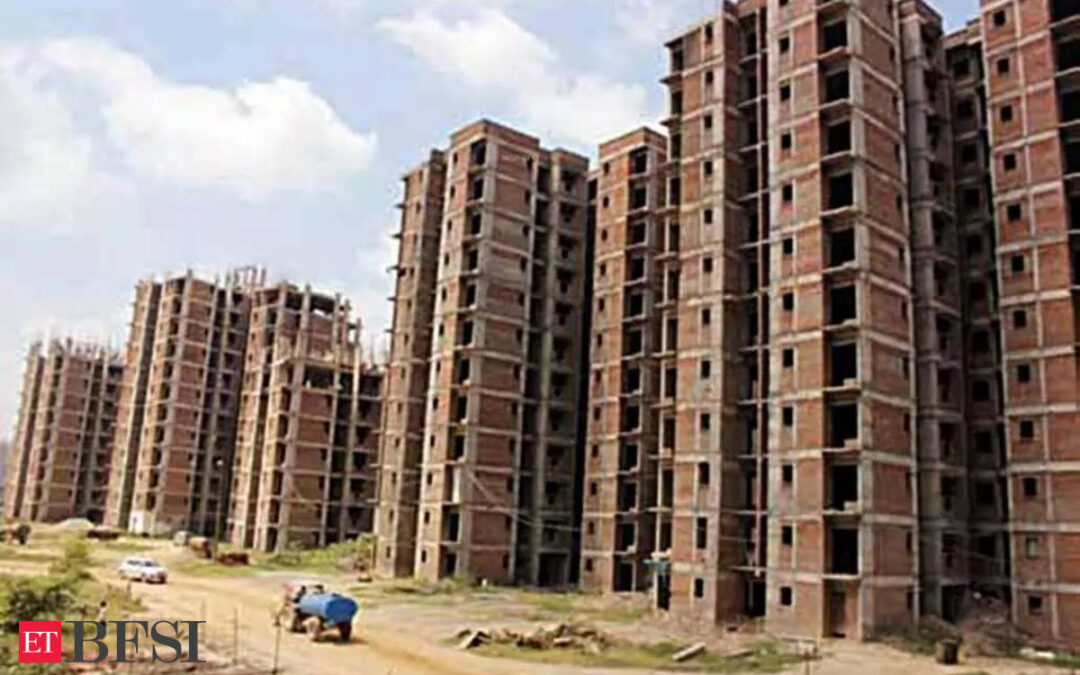New Delhi [India], March 21 (ANI): All indicators currently favour a bull run in the Indian residential real estate market in election year 2024, and it is likely to repeat what it went through in 2014 and 2019, according to real estate consultancy firm Anarock.
General elections and residential real estate appear closely linked – at least, that is what the previous two election years’ data trends indicate.
2014 and 2019, both election years, saw housing sales create new peaks. In 2014, sales in the top 7 cities scaled up to approximately 3.45 lakh units while new launches were the highest ever at nearly 5.45 lakh units.
Likewise, in 2019, housing sales scaled up to approximately 2.61 lakh units while new launches increased to approximately 2.37 lakh units after a lull in the residential real estate market between 2016 and 2019.
Major structural reforms like demonetisation (DeMo), RERA, and GST, introduced in 2016 and 2017, transitioned Indian real estate to more of an organised and regulated industry, said Anarock.
According to the real estate consultancy firm, most fly-by-night developers have exited the market since then and organised players have emerged in strength, reviving confidence among homebuyers.
“Housing demand continues to be upbeat across cities after the announcement of the election dates, with homebuyers remaining highly optimistic about the real estate market,” said Anuj Puri, Chairman of Anarock Group.
“As things stand now, all signs currently favour the residential market in 2024, and the year can well create another peak in housing sales and new launches,” said Puri.
“A major factor driving the housing market’s phenomenal performance in 2014 and 2019 would have been the decisive election results. For homebuyers, it was an end to fence-sitting and a confident move to ‘buy’ positions,” Puri said.
On examining the price trends in these election years, it emerges that 2014 was a better year than 2019.
Anarock data indicated that in 2014, the average prices in the top 7 cities rose by over 6 per cent annually against the preceding year – from Rs 4,895 per sq. ft. in 2013 to Rs 5,168 per sq. ft. in 2014. As for 2019, average prices rose by merely 1 per cent annually – from Rs 5,551 per sq. ft. in 2018 to Rs 5,588 per sq. ft. in 2019.
India’s residential real estate sector witnessed a major slowdown between 2016 to 2019. The major market shake-up brought on by policy reforms between 2016 and 2017 was followed by the NBFC crisis post the IL&FS issue in 2018, it said. This caused considerable turmoil in the residential real estate industry.
From 2019 onwards, the first green shoots of revival were temporarily dampened by the pandemic in early 2020. Thereafter, against all expectations, the housing market went into overdrive from 2021 onwards and the momentum continues till date.
Factors favouring a new peak in 2024:
Most real estate regulatory reforms and norms are already in place, and the worst of the shake-up is believed to be behind us.
International organisations like IMF have strong GDP growth predictions for
India for the next few years. The Indian economy is growing rapidly, and this indirectly has a positive impact on the real estate market.
Inflation is currently well under control, bolstering financial optimism and confidence among homebuyers.
Many large developers with good track records and solid balance sheets are venturing into newer territories to increase their presence. (ANI)











